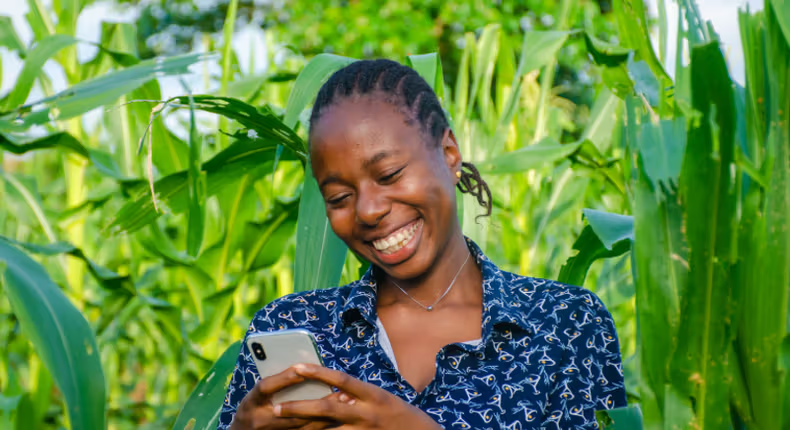Age is Just a Number: Success Story of Mzee William Chiira Hass Avocado Farm
The old red metallic gate near Kei Apple fence in Ngorika Village, Nyandarua County, opens to an expansive orchard.

Bees from the 80-acre farm’s 14 hives pollinate Hass avocado, macadamia and other crops.
The is a venture by 90-year-old agronomist William Chiira and his grandson William Chiira, 33, a Computer and Applied Sciences graduate.
Chiira Jr says the journey started in 2012 when he bought a journal that had an article about an avocado farmer in then-Kisii District. He was working with a market research and procurement company at the time.
The old man also read the piece. The pair then visited Kakuzi farm in Murang’a, growers and research institutes.
“I chose farming over office work for I have a passion for trees,” Chiira Jr says.
“At Kakuzi, we found out that the farm had replaced coffee bushes with Hass avocado trees. I invited researchers to our home to advise on suitable varieties that could be grown in our village.”
The Chiiras prepared land in January 2015 and planted the first batch of Hass avocados whose scions were imports from the US but developed by the Kenya Agricultural and Livestock Research Organisation (Kalro).
They planted 2,000 seedlings on 12.5 acres. The number has since increased to 4,000 trees on 25 acres. Man and grandson then formed a marketing firm, signing contracts to protect their profits.
Mzee Chiira bought the farm while a civil servant in 1983 but settled in Ngorika village in 2000, engaging in potato, dairy and horticultural farming. He also leased part of the land.
“I can only compare an orchard with rental houses. Fruit production and earnings increase every year. Maize is not a profitable venture,” he says.
The annual production cost per avocado tree and macadamia is Sh300 and Sh400 respectively.
Mzee Chiira’s last born, Francis Thiong’o, also works at the farm.
“My father is always up by 7am. We work until 1pm. He has trained us to inspect the farm every morning. We don’t work during weekends and holidays but that was not the case when we grew potatoes and maize,” Thiong’o says.
Conditions for producing macadamia nuts and avocados are almost similar.
“The land must be well draining since water-logging leads to root rot in most fruit trees. The best time to plant macadamia is at the start of the long rains. It is important to spray against pests at planting. An acre can have about 168 plants,” Chiira Jr says.
The macadamia journey started in 2016.
“We got the correct cultivar – Kiambu 3 – for our ecological zone. We planted 500 trees on about three acres the following year. The farm now has 1,000 macadamia trees on six acres and we hope to plant an additional 1,520 next year,” the elderly man says.
The Chiiras do not apply any manure at planting.
“The first year of the plant is for root development. At this stage, the most important thing is watering and pest control. We only apply foliar fertiliser,” the agronomist says.
Macadamia is not as labour intensive as avocado. It can also be grown with other horticultural crops. At this farm, however, it is inter-cropped with Kikuyu grass for sheep, which also provide manure for the fruit trees.
Macadamia nuts are harvested throughout the year. A young tree produces an average 30k kilos a year but the yield can go up to 140 when the tree is fully mature at 10 years.
“We have been contracted by Jungle Nut Company in Thika while Kakuzi buys our avocado. Our farm is used by two companies to train farmers,” Chiira Jr says.
During flowering, the fruit trees need boron, zinc, calcium and potassium nitrates and copper.
Nyandarua Agriculture Executive, Francis Miring’u, says the region is keen on diversification to orchards.
“What is happening at Ngorika Farm is encouraging. The county government is using it as a model farm,” the agricultural economist says.
“The most important thing before engaging in fruit and nut growing is to understand the varieties that do good in your region. There are many varieties of Hass avocado for different ecological areas. Most farmers think all Hass are the same. That is why it is important to involve experts to advise of best varieties for given areas.”
He says though many fruits can do well in most parts of the country, production matters.
“Planting a fruit or nut tree in the wrong ecological area will lead to poor harvests,” Miring’u says.
By Waikwa Maina















Leave a Reply